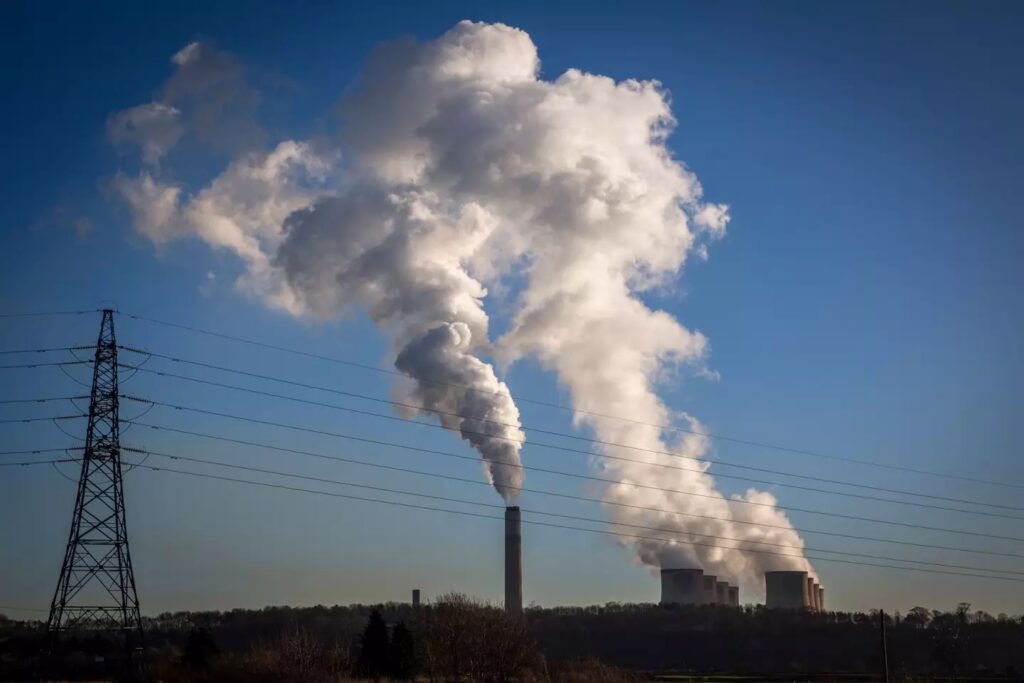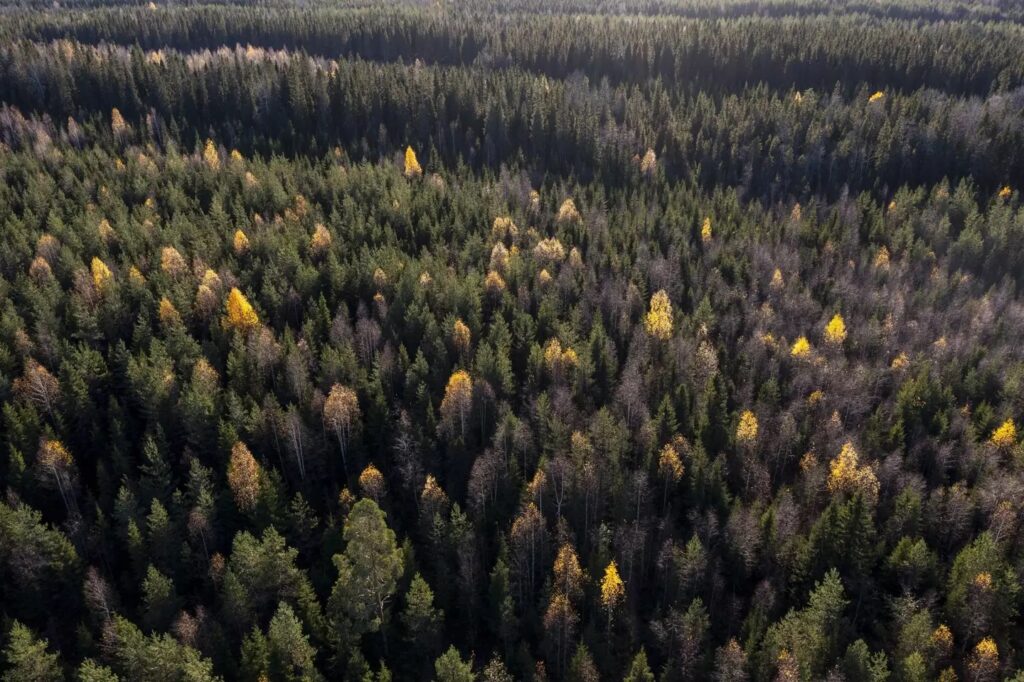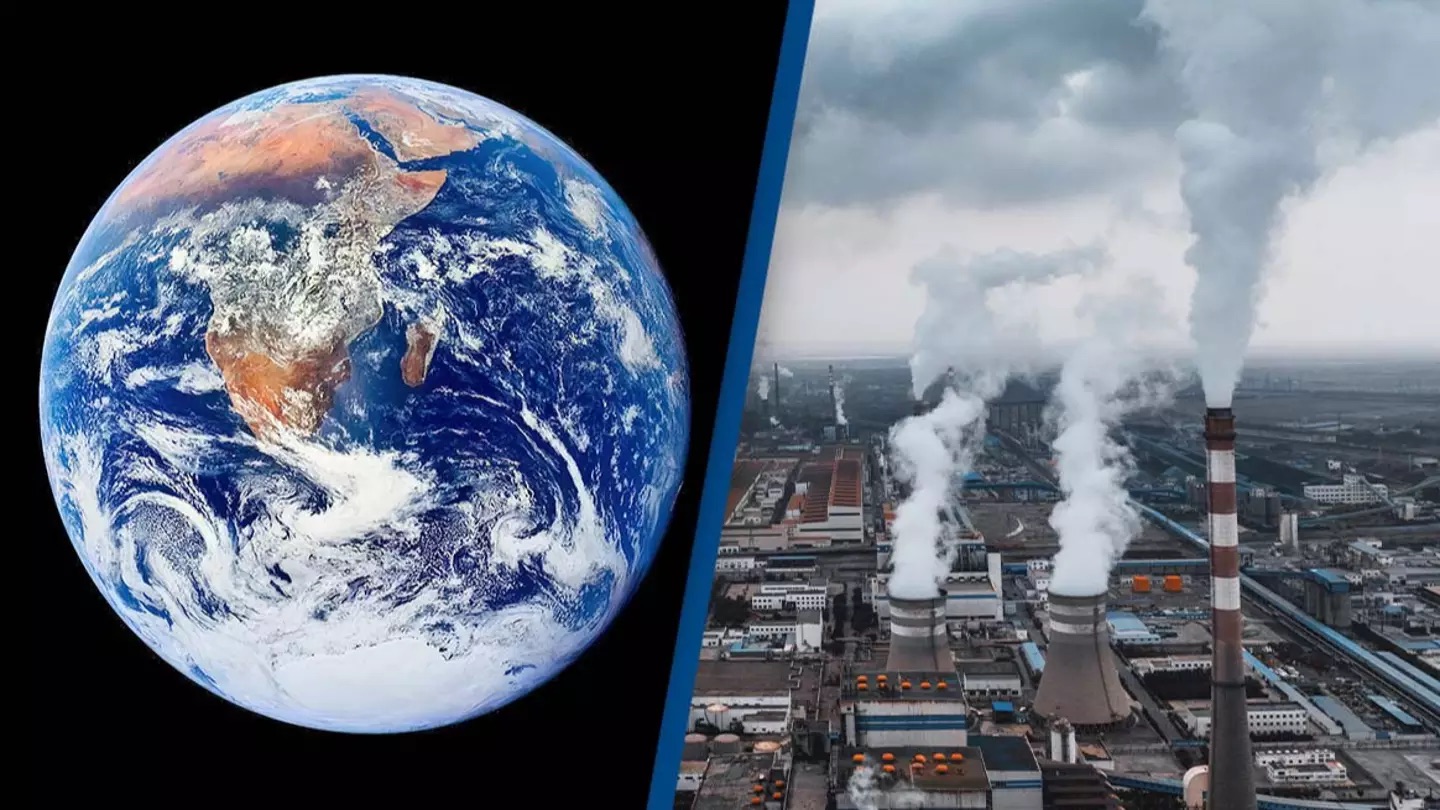An international research team has issued a warning about Earth’s future after discovering that trees and land absorbed almost no carbon in the past year. Normally, plants take in carbon dioxide, as taught in basic science, but what happens when they stop doing so?
How do plants and land typically absorb carbon?
Human activities, such as burning fossil fuels, release carbon, which lingers in the atmosphere and intensifies climate change. While reducing emissions is crucial, nature also plays a vital role—oceans, forests, grasslands, and soils capture significant amounts of atmospheric carbon, helping balance Earth’s climate. As human activities increased, so did carbon emissions, but the higher CO2 levels also stimulated plant growth, allowing them to absorb more carbon.
How much carbon did plants absorb in 2023?
In Earth’s past stable climate, carbon levels were manageable for plants. However, escalating temperatures and expanding agriculture have shifted this balance. In a study by scientists from China, the UK, France, and Germany, researchers found that 2023 was the hottest year recorded, with forests, plants, and soil absorbing nearly no carbon.

During New York Climate Week in September, Johan Rockström, head of the Potsdam Institute for Climate Impact Research, warned, “Nature has so far balanced our impact. This balance is ending.”
Why did plants stop absorbing carbon?
A recent study revealed that while global forest carbon absorption stayed steady from 1990 to 2019, there were regional differences. Boreal forests in Russia, Scandinavia, Canada, and Alaska saw over a third reduction in carbon absorption due to climate change effects like wildfires and logging. Additionally, Amazon droughts and extreme heat in boreal forests contributed to last year’s carbon sink collapse. Philippe Ciais, co-author and researcher at France’s Laboratory of Climate and Environmental Sciences, stated, “CO2 accumulation in 2023 was very high, meaning low terrestrial absorption. There’s an eight-year declining trend in the Northern Hemisphere, with no clear recovery in sight,” he said, as reported by The Guardian.
Can the planet recover?
Preliminary 2023 data is concerning, but the drop in carbon absorption could be temporary if droughts and wildfires decrease.

While oceans also absorb carbon, this process raises sea temperatures. Professor Andrew Watson of Exeter University noted, “Models show that both land and ocean carbon sinks will likely decline due to climate change, but the timeline is uncertain. Predictions suggest a slow decrease over the century, but it could happen much faster.”
“Climate scientists worry not about model predictions alone but also about unknown factors they might overlook,” Watson said.

With natural carbon sinks under stress, Professor Pierre Friedlingstein of Exeter University stressed the need to cut fossil fuel emissions directly, saying, “We can’t rely solely on natural forests to balance emissions.”
